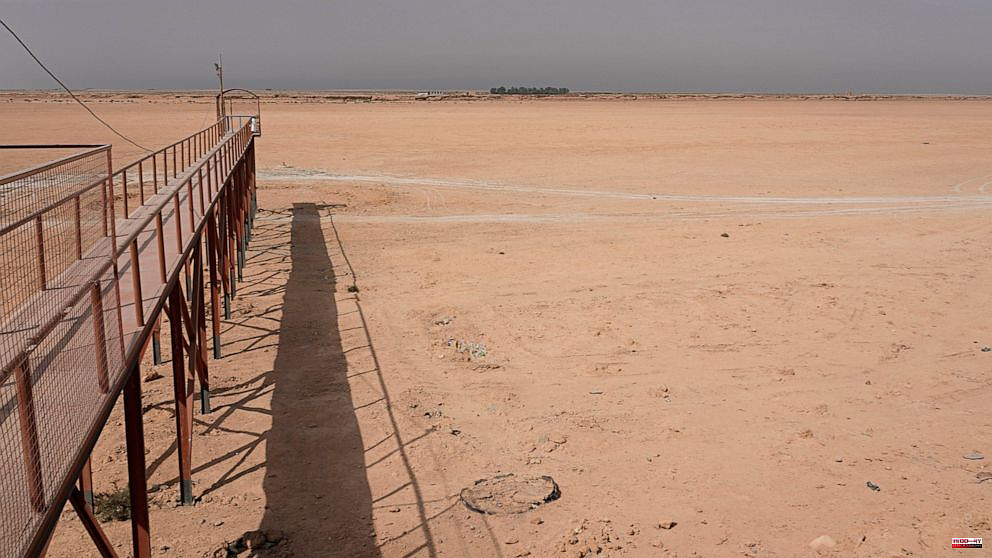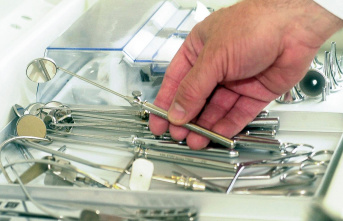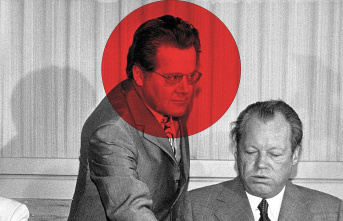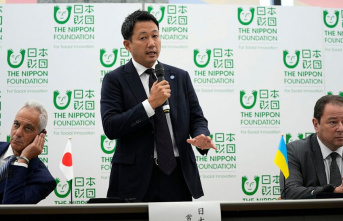LAKE SAWA (Iraq) -- Hussam Al-Aqouli still remembers exactly where his daughters used to swim in the clear waters of Lake Sawa in southern Iraq. He stands there now, two years later, and the barren ground cracks beneath his feet.
The lake has dried up this year for the first time since its long history. The lake's azure shores have been reduced to salt by a combination of local investors' mismanagement, neglectful governments and climate change.
Lake Sawa is just one of many victims in the country's ongoing struggle to cope with water shortages. Experts believe this is due to climate change, which experts claim is responsible for record low rainfall and backward droughts. Businessmen, farmers, and herders are all competing for water resources, with the most vulnerable Iraqis being among those worst affected by the catastrophe.
Al-Aqouli (35), a native of Samawa, said that this lake was once known as the pearl in the south. He looked out at the empty, dry cavernous space. "Now it's our tragedy."
Muthanna, located between Baghdad's capital and Basra's oil-rich heartland, is one of the poorest areas in Iraq. Nearly three times as many people live in Muthanna below the poverty line than the national average.
The landscape is dominated by vast desert expanses, with a narrow strip of farmland running north along the Euphrates River. The country's turbulent past, neglect by the Baath Party regime in the 1980s, and later wars and sanctions hampered economic development.
The area around Lake Sawa is called "atshan" by locals -- or "thirsty in Arabic).
The lake was formed over limestone rock and is studded with gypsum formations. Experts have been unable to determine the source of the water. This has led to legends and religious stories that the locals claim are historical facts.
Al-Aqouli spent much of his childhood at the lake with his family. Al-Aqouli said he hoped to do the same as his family when he began a family. Instead, he spends his time on social media writing lengthy blog posts and encouraging Iraqis to act. He often feels helpless.
The lake rises to 5m (16ft) above the sea level. It is approximately 4.5km (3 miles) long by 1.8km (1 mile) wide.
In some Islamic texts, Lake Sawa is mentioned. According to some Islamic texts, the lake formed miraculously on the date of the Prophet Muhammad's birth in 570 A.D. Many religious tourists visit the site each year to soak in the holy waters which they believe were blessed by God.
Some believe that the lake's mineral riches can be used to treat skin diseases in Muthanna, which were once neglected.
Locals believe that the lake's waters are drying up and this is a sign of the Imam al-Mahdi returning to the area. He is a revered figure within Shiite Islam, and descendant of the prophet.
Al-Aqouli said, in jest, "It signifies the end of days are near."
Environmentalists may be able to predict doomsday.
Research has shown that the lake is fed from underground water sources via a system cracks and fissures. It can also receive rainwater, which it has received from the valleys surrounding. Flash floods have been caused by heavy rainfall in the past.
"The degradation in the water started over 10 years ago, but we lost the whole wetland this summer," stated Laith Ali Al-Obeidi (an environmental activist from southern Iraq).
Experts say the lake is not dead but that it has been disappearing for good. This year's disappearance was caused by thousands of illegal wells dug in nearby cement factories and manufacturing areas. It also reflects the decreasing water levels along the Euphrates.
Some water started to reappear in June because the harvest season was over and farmers stopped using underground water.
Enterprising locals manage to collect salt by digging wells and diverting groundwater. Salt is used in different industries around the region.
Mortadha Ali (45) is involved in the salt industry in Muthanna. For the disappearance Lake Sawa, he blames years of neglect by the provincial government. He said, "They should provide jobs so that people aren't forced to dig wells to earn a living."
According to Aoun Diab (a consultant to the Water Resources Ministry), enforcing illegal well closures and other protective measures would have reversed Lake Sawa’s decline. These would have had a direct impact on the economic interests provincial officials.
This has caused a disruption to a fragile and interdependent ecosystem that is sustained by the rare oasis in the desert.
Unfit for human consumption, certain species of fish were food for vulnerable migratory bird species that swam along its banks. Al-Obeidi said that the fish will also affect the birds' seasonal passage, causing them to perish.
The future will bring more hardship and alarming predictions about water stress. According to the Water Resources Ministry, water levels have decreased by 60% since 2022.
Al-Obeidi stated that Lake Sawa was "a case study in climate change in Iraq". "This is the future."
The lake, however, is a ghost of its past glory.
It was the only source of water close to Samawah and attracted thousands of tourists each year. As a tribute to the loss of the area, their waste -- including water bottles, soda cans, and old flip flops -- remains along the shores.
Half-finished holiday installations that were built decades ago are still standing. Many were destroyed by the Gulf War of the 1990s, followed by the 2003 invasion led U.S. forces that overthrew Saddam Hussein.
In 2014, Lake Sawa received international recognition as an important Ramsar site. This is an international designation that recognizes a special area in need protection. The site is marked by a large billboard. The local authorities hoped that this would increase tourism and allow the government to redevelop the area. Plans were drawn to create walkways and roads around the lake as well as water projects and electricity lines.
These failed to materialize.
Al-Aqouli, who was still breathing in the hot air, took one last glance at the lake before he left.
He said, "Believe it me, it was gorgeous."












